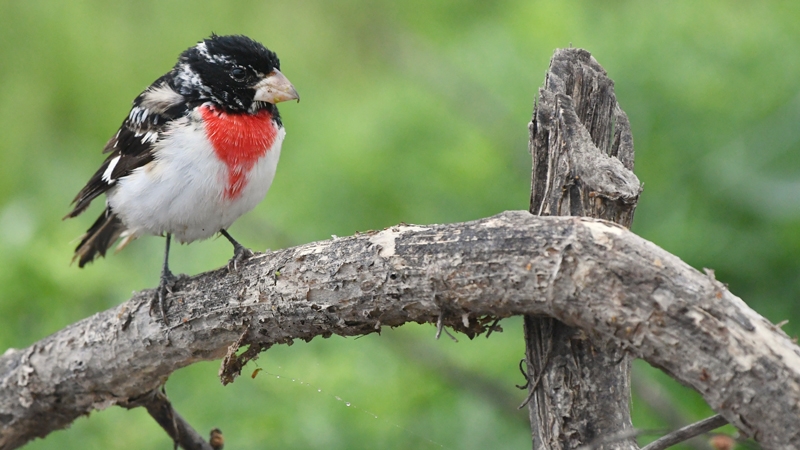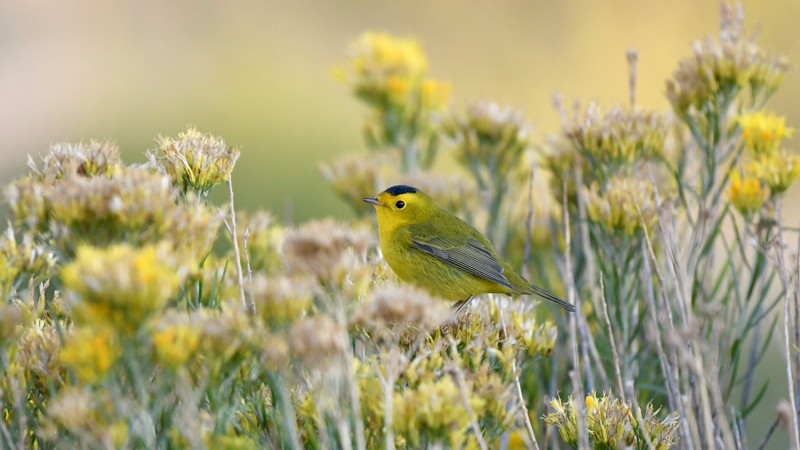Research shows that artificial lights at night contribute to health impacts like disrupted sleep, biodiversity loss and altered nocturnal ecosystems, as well as the deaths of up to a billion migratory birds. An interdisciplinary team at the University of Oklahoma has been awarded a nearly $2 million grant from the National Science Foundation to integrate social and biological science research to seek solutions to this “wicked problem” of artificial lights at night.
“Urban lighting and lights at night is a wicked problem that causes a wide range of issues – human health problems, like disrupted sleep and with our endocrine system, and disruptions to ecological systems that are tied to night cycles,” said Jeff Kelly, the lead for the research project and a professor of biology in the Dodge Family College of Arts and Sciences. “Wicked problems arise from complex and competing tradeoffs among diverse social and environmental needs.”
The research team involved in the project includes social scientists from OU’s National Institute for Risk and Resilience and Kyle G. Horton, an OU alumnus, now an assistant professor in the Department of Fish, Wildlife and Conservation Biology at Colorado State University, who received a companion grant of $1.5 million to support the research.
Kelly, who also is the Corix chair and director of the Plains Institute at OU, says the affordability and energy efficiency of LED bulbs has led to increased artificial lighting at night, especially in urban areas that have had many unintended consequences.
“There’s a perception among urban planners and safety officials that increased lighting creates safe environments; however, evidence is mixed on whether lighting really is associated with safer environments,” Kelly said. “Whereas, we do know birds, in particular migrating birds, are attracted to well-lit buildings; millions of birds die annually in collisions with well-lit buildings, which contributes to widespread bird population declines.”




